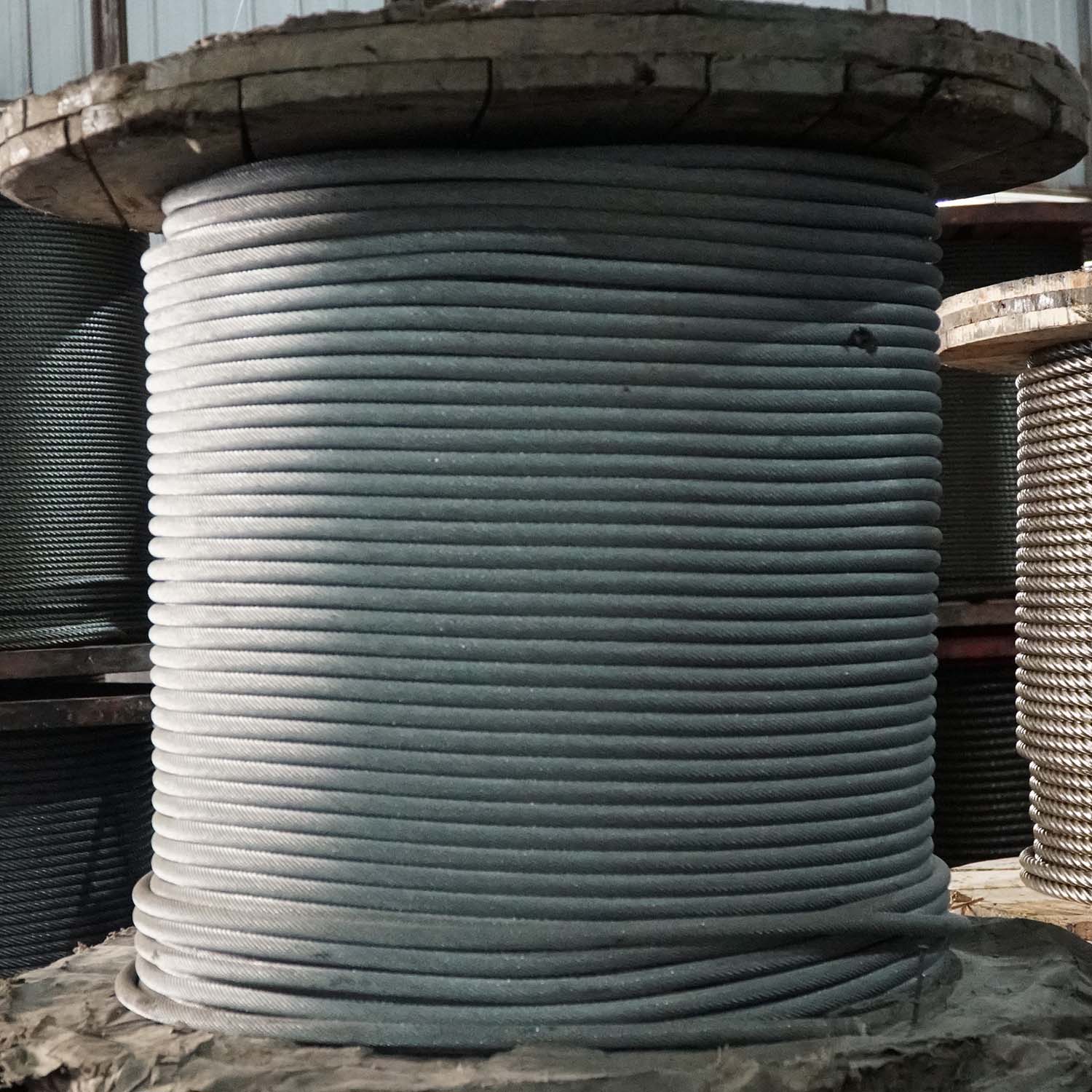Table of Contents
Strategies to Reduce Steel Cable Noise in Industrial Settings
Steel cables are a common component in many industrial settings, used for a variety of purposes such as lifting heavy loads, supporting structures, and transmitting power. However, one of the drawbacks of using steel cables is the noise they can produce during operation. The high tensile strength of steel cables can cause them to vibrate and create a loud humming or whining noise that can be disruptive to workers and potentially harmful to their hearing. In this article, we will discuss some strategies to reduce steel cable noise in industrial settings.
One of the most effective ways to reduce steel cable noise is to properly lubricate the cables. When steel cables are not adequately lubricated, friction between the strands can cause them to vibrate and produce noise. By regularly applying a high-quality lubricant to the cables, you can reduce friction and minimize noise Levels. It is important to use a lubricant that is specifically designed for steel cables to ensure optimal performance.

Another strategy to reduce steel cable noise is to install vibration dampeners along the length of the cables. Vibration dampeners are typically made of rubber or other flexible materials that absorb the vibrations generated by the cables. By installing vibration dampeners at regular intervals, you can effectively reduce the amount of noise produced by the cables. Additionally, vibration dampeners can help to extend the lifespan of the cables by reducing wear and tear.
In some cases, it may be necessary to replace old or worn-out steel cables with newer, quieter alternatives. Modern steel cables are often designed with noise reduction in mind, incorporating features such as special coatings or internal dampening materials to minimize vibration and noise. By investing in high-quality, noise-reducing steel cables, you can significantly reduce the amount of noise generated in your industrial setting.
Another effective strategy for reducing steel cable noise is to properly tension the cables. When steel cables are not properly tensioned, they can vibrate excessively and produce noise. By ensuring that the cables are tensioned to the correct specifications, you can minimize vibration and noise levels. It is important to regularly check the tension of the cables and make any necessary adjustments to maintain optimal performance.
In addition to these strategies, it is also important to regularly inspect and maintain steel cables to ensure they are in good working condition. Over time, steel cables can become worn or damaged, leading to increased noise levels and potential Safety hazards. By conducting regular inspections and addressing any issues promptly, you can prevent excessive noise and prolong the lifespan of the cables.
In conclusion, steel cable noise can be a significant issue in industrial settings, but there are several strategies that can be employed to reduce noise levels. By properly lubricating the cables, installing vibration dampeners, investing in noise-reducing cables, tensioning the cables correctly, and conducting regular maintenance, you can effectively minimize the amount of noise generated by steel cables. Implementing these strategies can create a quieter and safer working Environment for employees while also extending the lifespan of the cables.

